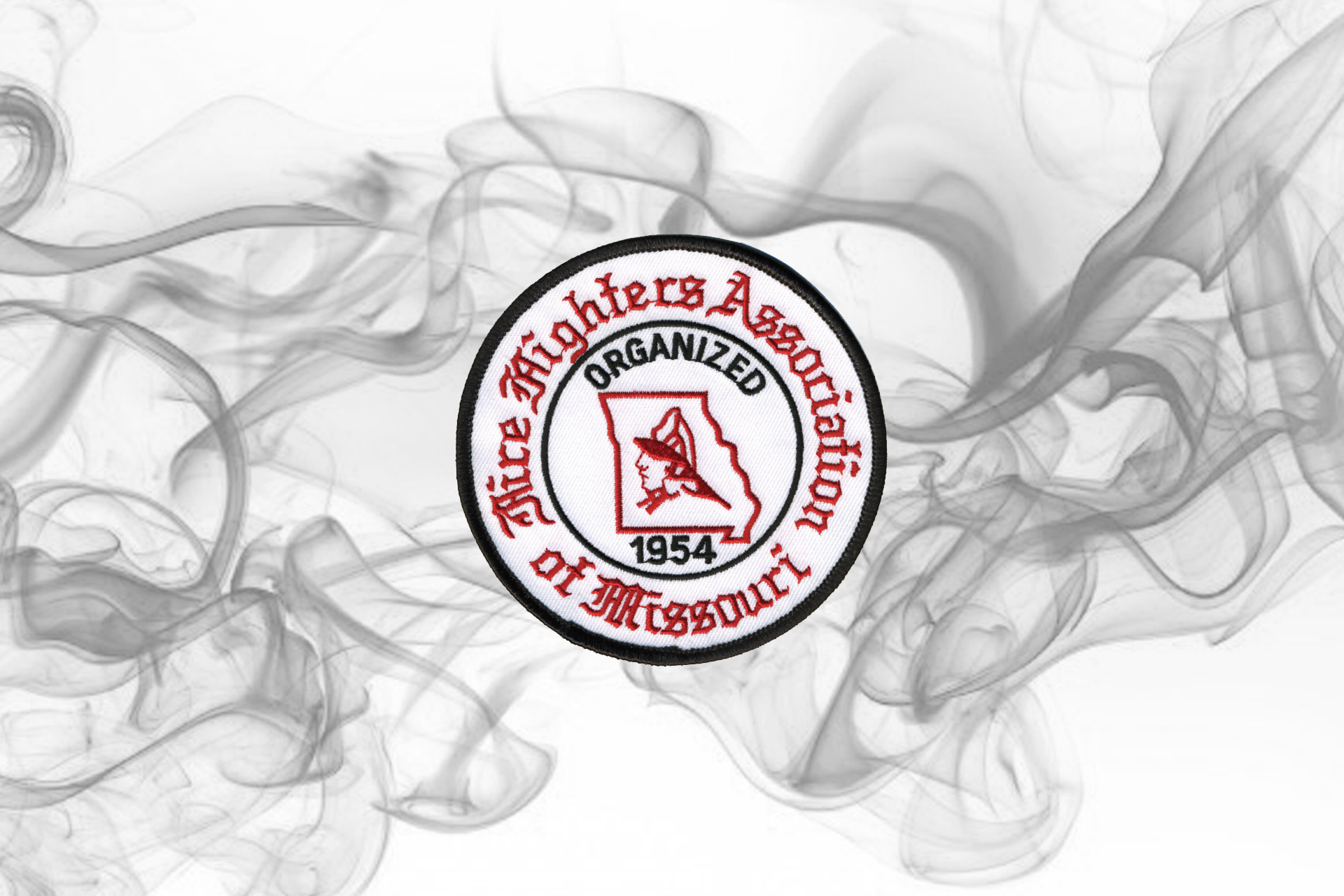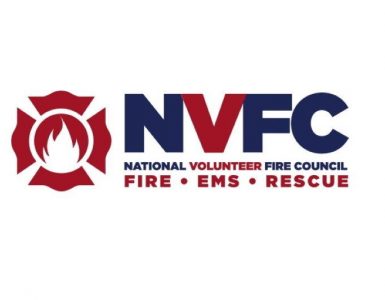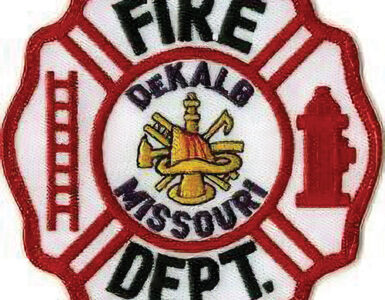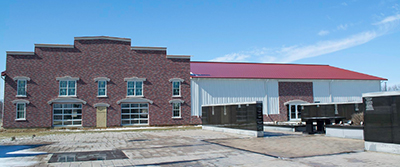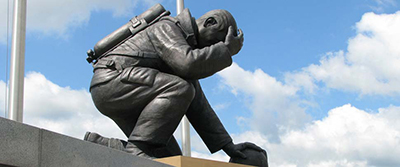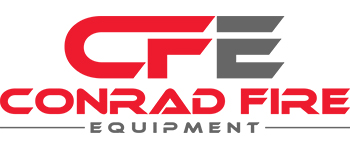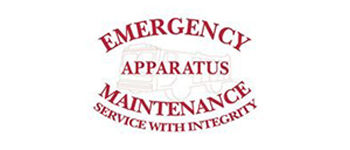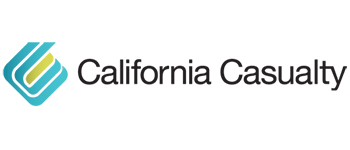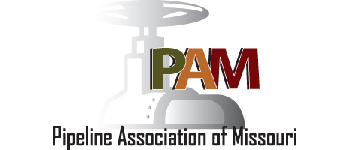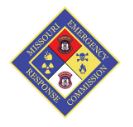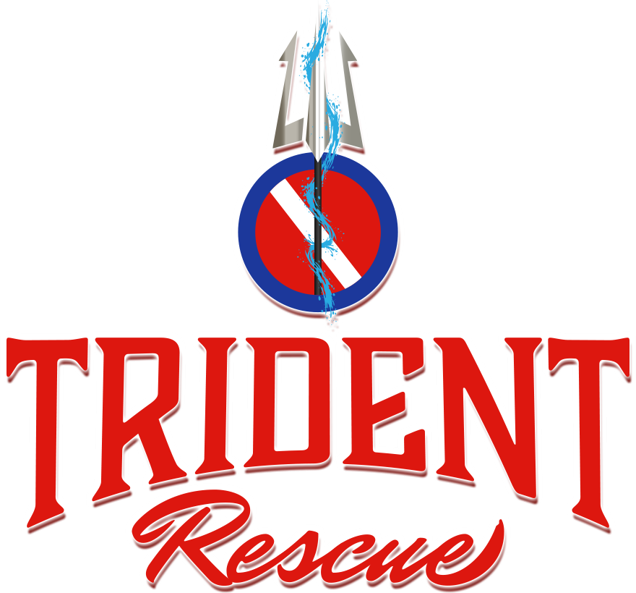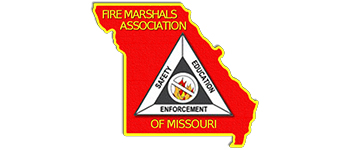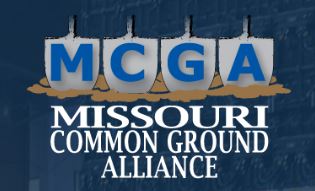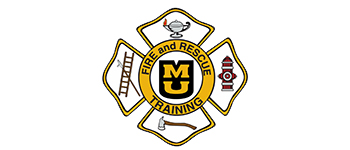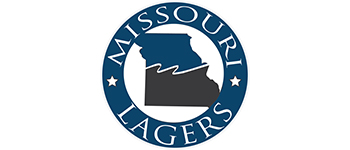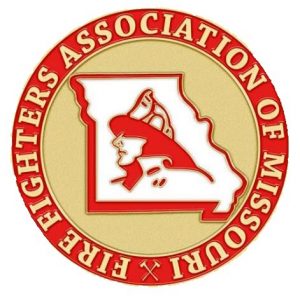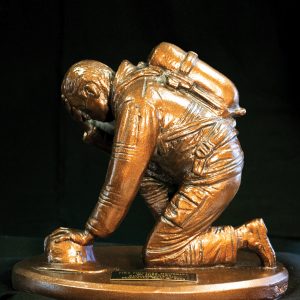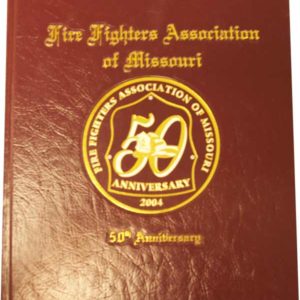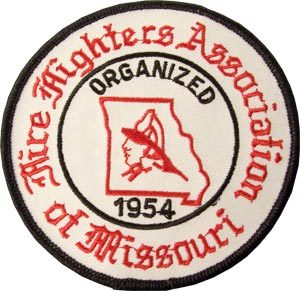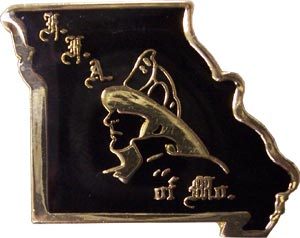Working in public safety we all know that, to a degree, we must distance ourselves from the event which we are called to respond to. It’s not our emergency, but someone else’s, and they call on us to assist them in handling it. By depersonalizing the incident, it allows us the ability to maintain an objective perspective so we can make appropriate decisions based on facts, standards, and guidelines, versus emotion.
Today I want to talk to you about a very difficult topic, honoring our public safety officers. When a tragedy occurs within our own organization, maintaining objective decision making abilities is extremely difficult because this is now “our” emergency. We often act on emotion versus those facts, standards, and guidelines we employ when making objective decisions for someone else’s emergency.
Before we get too much further into this topic, I want to ask you a few questions: Have you ever seen a Military honors funeral ceremony? Have you had the opportunity to see honors provided to a hero who was killed in action while actively serving this great nation? How about the veteran who faithfully served, but then died later on in life from a cause that was not related to their service? Are the honors in these examples the same honors? The answer is no, they are not. The military takes great pride in honoring all who have served, but those who make the ultimate sacrifice are given ultimate honors.
Why have we had such a hard time grasping this concept and applying it to public safety? Within the military, specific guidelines outline what honors are appropriate for the type of incident being considered. These honors are provided by specialty teams who, other than through the brotherhood of service, do not have a direct personal connection. Organizations exist in public safety that can assist you with planning a service for one of your members. But, in general, it is the department who has faced a loss that is directly involved in the planning process. It is personal, and it hurts! This is the point where I feel we in public safety derail.
Pre-planning our response to incidents in our communities is very common. We evaluate certain target hazards that we face and come up with a coordinated plan to address them. Pre-planning these incidents affords us to objectively evaluate our resources, identify our needs, and outlines a standardized response. This gives us the ability to apply our plan consistently every time we face this target hazard.
How many of you have a plan in place that guides your response to the loss of a member of your organization? It is imperative that every organization develops a funeral guideline for their respective organization. For the same reasons that we preplan our target hazards, consistent application of a funeral plan is vital to your department. This may seem a little far-fetched, but how your organization responds to the death of one of its members will become an expectation for families in the future as well as scrutinized by families of past.
Without a formalized preplan to guide your actions, many agencies react out of shock and emotion versus the objective perspective we maintain for everyone else’s emergencies. Many agencies work very hard to justify why every honor should be afforded to a member, regardless if the member died a hero in the line of duty or not. I fielded a call from an organization asking us to provide full honors to a member who died in an off-duty accident, stating “well, he was special to us and he deserves it.” When asked to identify which members were not special and should not be afforded such an honor if they die off duty, the phone was silent as the realization set in.
One of the best articles I have ever read that relates to this topic is titled, When Emotions Take Over: Planning a Fire Department Funeral. This article, authored by Chief Dan Jones, was published in National Fire and Rescue magazine. The most compelling quote in the article states: “If you provide a full-honors fire department funeral for a member who is lost off duty, and you use all of the traditions that you know of and can provide, what will you do should a member of your department be lost in the line of duty at a later time?”
I encourage you to think about this message. Think about how the military provides honors to all members and how those honors are appropriately scaled to preserve the sanctity of the honors, so as to not dilute their value. If we place every firefighter on top of the fire truck for a procession to the cemetery, no longer will there be any power in that tradition for those who pay the ultimate sacrifice. By implementing a funeral guideline that outlines honors that will be afforded to a member in relation to the manner of death, line of duty, active duty, or retiree, you will be consistent in your application of those honors, serve as good stewards protecting the value of certain LODD honors, and reduce some of the stressors you will face due to the loss of a member of your organization. Remember, what you do today becomes an expectation for tomorrow.
Please visit our website at www.mofirefuneral.org, under the protocol and documents tab, you will find a copy of the article by Chief Jones as well as a very basic funeral guide your organization can consider. Feel free to contact me with any questions or concerns


